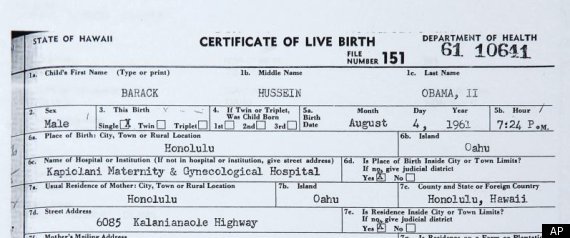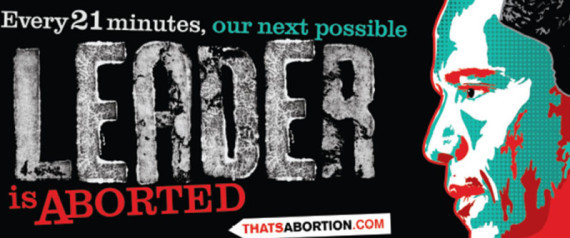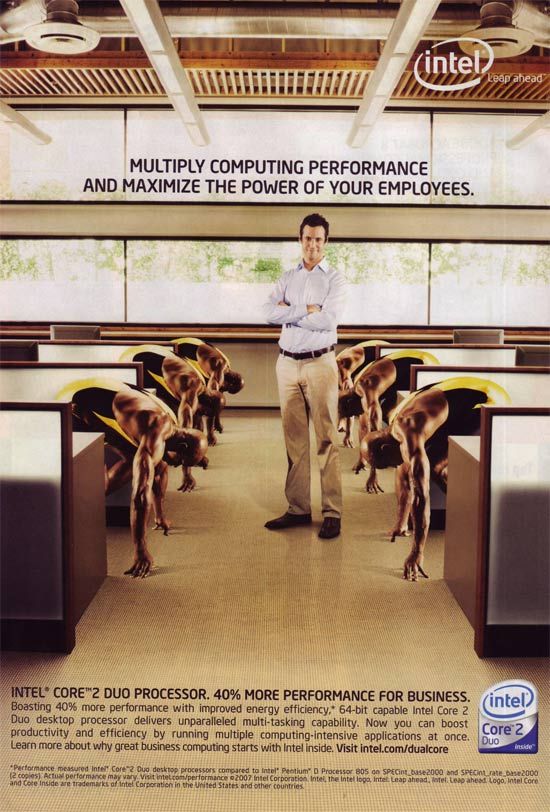So I, unfortunately, spent the past few days in hospitals - both in New York City and in Boston. Although I was mostly focused on how I was feeling and all the needles and pills (ack! I hate hospitals), there were a couple of moments that I knew I'd have to write about in this blog as soon as I was back home.
The first took place in the Emergency department at St. Luke's in New York. I went in early on a Friday evening, and the waiting room wasn't too full. I filled out my "triage card" and handed it to the nurse behind the partition, a White woman. I noticed her giving a dirty look to the Latina woman standing next to me when she dropped something near me and said "sorry, mami" kindly and loudly. What was the dirty look directed at? A few minutes later she called me into the room to admit me to the hospital, before all of the people who had been there before me (incidentally, nearly all people of color). The nurse was extremely nice to me, joking around and wishing me well. I couldn't help but wondering if I was receiving different treatment based on my skin color. Certainly, my condition was serious and that might have been why I was admitted right away, but why did I have a nagging feeling that there was more to it?
When I entered Mass General in Boston, I again encountered this question. When I was first admitted to a room, one of the doctors came in to ask me the standard questions - symptoms, smoking/alcohol/drug use, any other medical conditions, etc. It was a quick exchange, and when it came time to ask about alcohol and drugs, the doctor actually said "I see you're into organic food (I had some vegan snacks with me), so I'm guessing no smoking, drinking, or drugs, right?" It was a moment I paid no mind to until the following day, when another patient was admitted to my room.
This new patient was a Black girl, probably around my same age. When a different doctor came in to ask that same list of questions, I noticed that it took a different note than mine had.
"Do you smoke?"
"No."
"Drink alcohol daily?"
"No."
"Drugs?"
"No."
"What about marijuana or cocaine?"
"No...I'm a nurse too you know! I try to stay really healthy."
Would this doctor have asked the same questions of me? Maybe. That was the assumption my mother had, as would many other White folks, I'd say. But I don't doubt that the color of her skin influenced the doctor's line of questioning. It seemed to me that the girl's last statement about being a nurse was to justify herself or prove that she wasn't who the doctor thought she was.
In both of these situations, it's impossible to know the true motives behind the experiences. My heightened awareness of my White privilege and of racism might serve to either make me more sensitive to racist comments or to read more into things than what they are (isn't that what people of color are always accused of?). I don't think any of the White medical professionals involved in what I described would say they were being racist, or would even be aware of the microaggressions they'd perpetrated. But I can tell you that the woman laying in that bed next to me, vulnerable with illness and alone at the hospital, certainly seemed to notice.





















